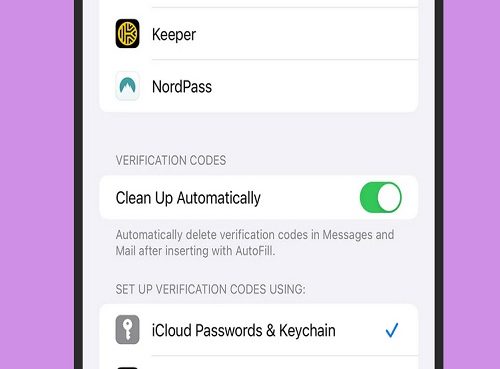The recent data breaches (like the Equifax breach) may have you feeling antsy about increasing the amount of privacy you have on the internet. There’s a constant fear that your personal information and data will be stolen at any given moment. You may be operating under the assumption that a combination of better software, a more advanced cybersecurity policy, or an upgraded malware program will help to build a shield to keep your private information, well – private.
However, this is a faulty assumption. In today’s hyper-connected world, all of your information is vulnerable. That includes your Social Security number, bank account information, and health care info that’s being shared across online platforms between you and supposedly secure organizations. Of course, if this information is available, other information is available, as well. This includes your photos, chat conversations you’ve held, social media posts you share, websites you visit, purchases you make – and that’s just the tip of the iceberg.
How Do They Know?
Before we address how your every move on the internet is available to third party sources, we should first address who “they” are. Right now, “they” are almost everyone. They are companies looking to better target their marketing to ensure you’ll buy their products, government organizations trying to learn more about the population, political campaigns researching their target demographic, cyber criminals, social media sites working to better understand their users, and more.
A study done by Belgium’s University of Leuven revealed that over 5,600 websites are using a new technique called canvas fingerprinting. This technique gives websites the capability to track the activities of web users – all without you being aware that it’s happening.
Businesses and data mining companies often use cookies, combined with extensive research and “super-cookies” to essentially imprint unique individuals and track their specific activity. Often, they do so by using a third-party program that generates ads based on their user’s activity. This can be used to monetize websites, direct people toward products or services, and more. There is a way to tune those cookies down, though.
Serious Data Leaks Leave Users Vulnerable
In addition to the invasion of privacy that many websites engage in through the use of fingerprinting data, web users also need to worry about more active cyber hackers intercepting their data. Data has become such a part of our daily lives, it’s next to impossible to avoid all incidences where hacking is a possibility. However, with increasingly specialized technology and tools, it’s becoming easier and easier for messages, photos, and more to be hacked.
The truly disturbing piece of new information is that this hacking isn’t just being done by cyber criminals who are up to no good. Big companies, such as Facebook, are being found using algorithms to search user messages and more. In theory, this should be a way for large companies to create a better experience for the user. However, instead, companies are selling the information they find to advertisers. This often violates the privacy policy they have previously set up with users who engage on their platform, and becomes a pressing problem.
What Does This Mean Moving Forward?
Currently, regulation is struggling to keep pace with the boom in technology and web user data mining capabilities. However, in the months and years to come, many nations are now prioritizing cybersecurity and privacy protection of their citizens. One way that the United States is taking initiative to integrate privacy concerns into necessary surveillance is starting the conversation.
After much back and forth with legislation that protects the privacy of web users, many are feeling that deciding where the line is between privacy and encrypted surveillance is the next step. Although it won’t be a straightforward conversation, it’s good that this is becoming a conversation at the government level. When conversations like this start on a large scale, they often flow down through businesses and websites who often are dealing with similar privacy concerns on a much smaller scale.
If you are concerned about your privacy, you have a few options. Obviously halting your use of the internet isn’t a possibility in the foreseeable future. However, making sure that you have updated tech tools, regularly updating your software, clearing your cookies and browsing history regularly, using a top-rated VPN, and installing a virus and malware scanner are all good starting points to protect your privacy.
Source: doncaprio










